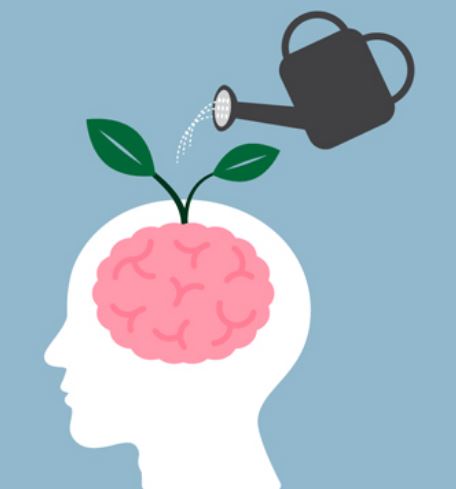Seemingly unpopular opinion: having different experiences of situations, or forgetting details of those situations, or changing your mind about something and then providing an update on that later, are all behaviours that are not “lying” or “manipulation”, and these are overly harsh words to apply to common human behaviours and genuine mistakes.
This is something I have encountered quite a LOT in the last 4+ years, and I’ve been meaning to write about it for a while. There’s a common trend these days to label so many (relatively innocent) behaviours within relationships with the buzzwords of trauma and abuse-centric vernacular. “Manipulation” is a common one, “gaslighting” is another. While it’s good we have these tools and words to recognise, label, and better understand our experiences and trauma, I fear sometimes their overuse ends up doing more harm than good. Let me do my best to try and explain what I mean.

Back in November/December 2018, I was that person that felt I was being repeatedly lied to/about and manipulated in a malicious way. I was MAD about it, I was HURT, and I didn’t spare a minute in labelling them as a liar or manipulator and telling them as much. They were pretty hurt about it. They lashed out about it in hurtful ways. It all escalated to a point that it probably shouldn’t have.
 rological aspects of ADHD. Harm reduction exists in many facets of life, and can take on many forms. Here at Trip! Project, one of the ways we practice harm reduction is through the spreading of knowledge and awareness of various substances, and phenomena related to taking/using these substances. The idea behind this is that knowledge is power! Having an awareness and understanding of the substances we take and the ways in which they interact with our brains is one way to make more informed and hopefully safer choices when it comes to substance use. The same can be said about our own brain chemistry and structure! Knowing how or why we experience the things we do can help us make informed choices and take better care of our brains.
rological aspects of ADHD. Harm reduction exists in many facets of life, and can take on many forms. Here at Trip! Project, one of the ways we practice harm reduction is through the spreading of knowledge and awareness of various substances, and phenomena related to taking/using these substances. The idea behind this is that knowledge is power! Having an awareness and understanding of the substances we take and the ways in which they interact with our brains is one way to make more informed and hopefully safer choices when it comes to substance use. The same can be said about our own brain chemistry and structure! Knowing how or why we experience the things we do can help us make informed choices and take better care of our brains. 